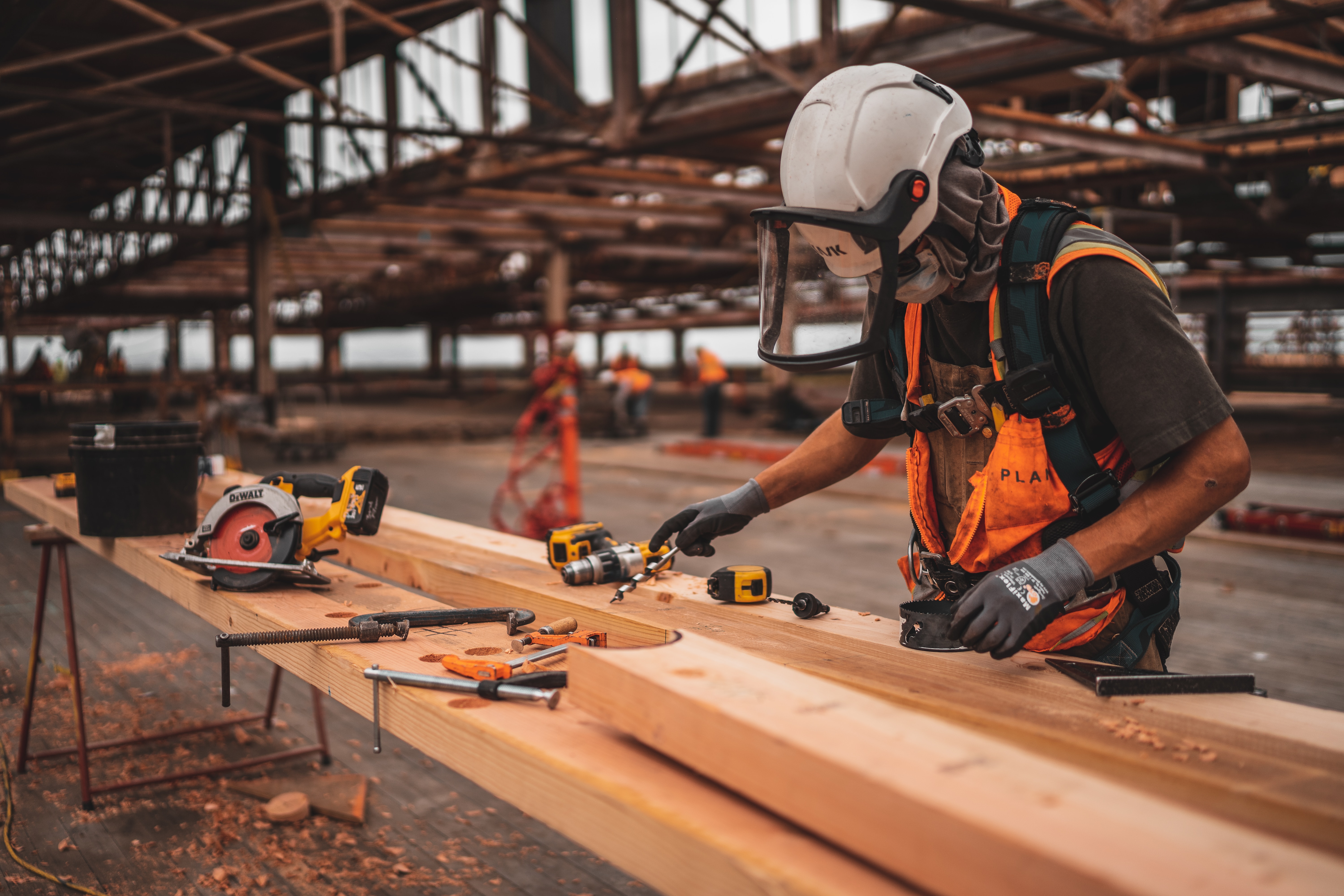The construction industry has been a crucial player in the global economy, providing millions of jobs for construction workers and contributing significantly to the GDP. With the rise of technology, the construction industry is undergoing a major transformation, presenting both opportunities and challenges. From hand tools to heavy machinery and advanced construction techniques, the industry has come a long way. In this blog, we will explore the impact of technology on construction jobs, examining the opportunities and challenges it presents.
While technology has brought about significant advancements in the construction industry, it has also raised concerns about the future of jobs for construction workers. On one hand, technology has increased efficiency and productivity, enabling faster and more accurate completion of projects. This means that construction workers can now accomplish more in less time, leading to greater productivity and potentially higher earnings. On the other hand, the use of technology has also resulted in some job displacement, particularly for manual labor jobs that can be automated or performed by machines.
Despite the challenges, technology is also creating new job opportunities for construction workers, especially those with specialized skills. Workers who can operate and maintain heavy machinery, manage drones, or program robots are in high demand. These jobs require specialized training and education, leading to higher-paying careers in the construction industry. Additionally, wearable technology such as smart helmets, vests, and glasses are being used to monitor workers' health and provide real-time data to prevent injuries, ensuring better working conditions and improved job satisfaction for workers.
Opportunities
Increased efficiency and productivity
Technology has significantly increased the efficiency and productivity of construction jobs. From 3D printing of building components to drones surveying job sites, construction projects can now be completed faster and more accurately than ever before. These technologies not only save time but also reduce labor costs and improve the quality of construction.
Contractors often use the DJI Mini 5 Pro drone to capture detailed aerial imagery that enhances project planning and progress tracking. The data collected allows teams to identify potential issues early and make adjustments before they become costly delays.
Improved safety
One of the biggest challenges in the construction industry is ensuring worker safety. Technology has made it possible to monitor workers, equipment, and job sites to identify potential hazards and prevent accidents. Wearable technology such as smart helmets, vests, and glasses are also being used to monitor workers' health and provide real-time data to prevent injuries.
Skilled jobs
Technology is creating new job opportunities that require specialized skills. For example, workers who can operate and maintain heavy machinery, manage drones, or program robots are in high demand. These jobs often require training and education, leading to higher-paying careers.
Challenges
Job displacement
The use of technology in construction has led to some job displacement, particularly for manual labor jobs. Workers who specialize in tasks that can be automated or performed by machines may find themselves without work. This has led to a shift in the type of jobs available in the construction industry, with an increased demand for specialized workers who can operate and maintain the technology.
Cost
While technology can increase efficiency and productivity, it also comes at a cost. High-tech equipment and tools can be expensive to purchase and maintain, and specialized training may be required to use them effectively. This cost can be a barrier to entry for some workers and companies, particularly smaller ones.
Resistance to change
Some workers may be resistant to using new technology or learning new skills, leading to a skills gap and potential labor shortages. Employers must invest in training and education to ensure workers are up-to-date with the latest technology and skills.
Conclusion
Technology is transforming the construction industry, creating new opportunities and challenges for construction jobs. While the use of technology has led to some job displacement, it has also created new job opportunities that require specialized skills. Employers must invest in training and education to ensure workers are up-to-date with the latest technology and skills, while workers must be willing to adapt and learn new skills to remain competitive in the industry. By embracing technology, the construction industry can become more efficient, productive, and safe, providing better jobs for workers and higher-quality buildings for customers.






